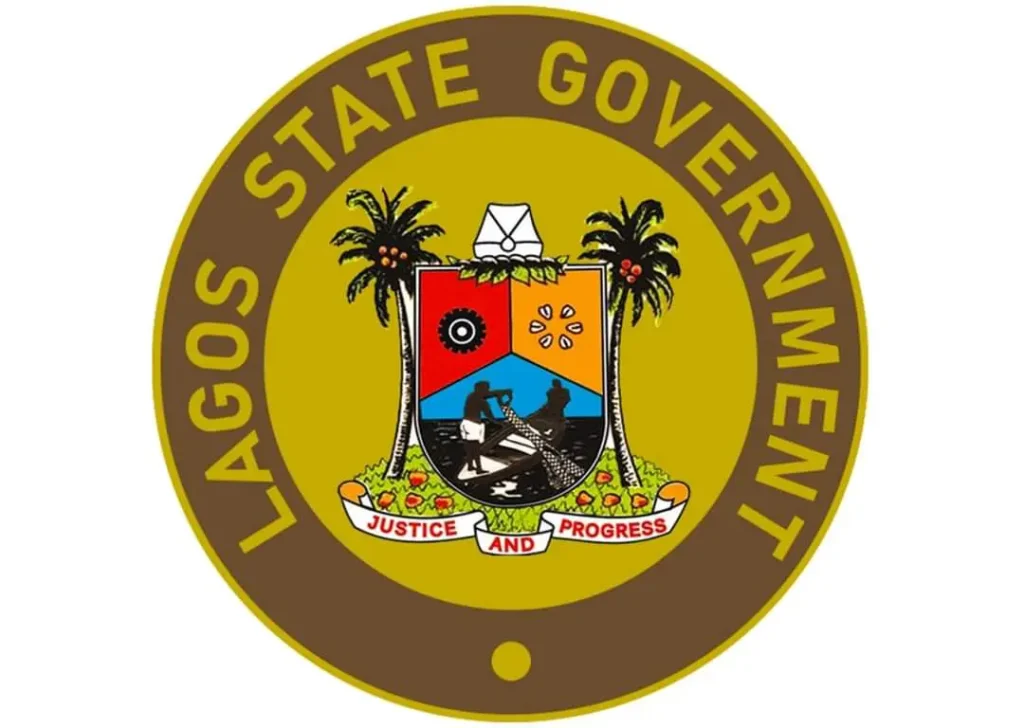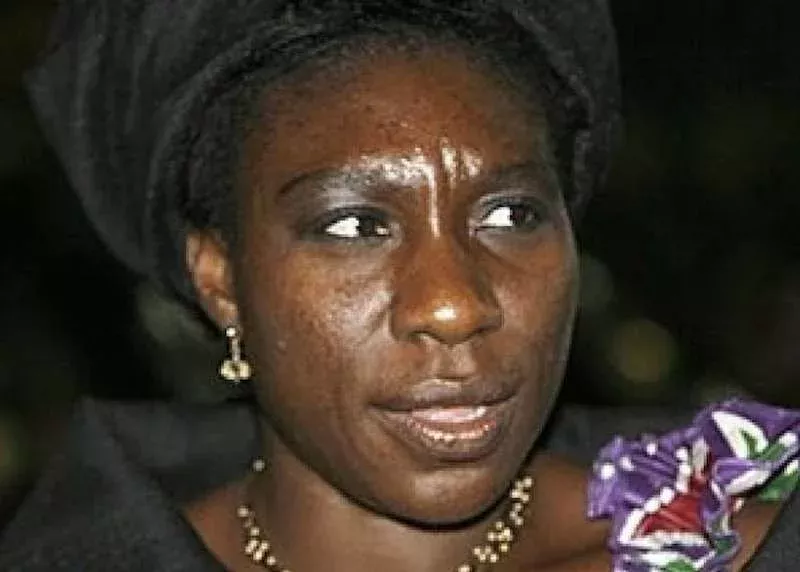A renowned lecturer and demographer at the University of Lagos, Professor Patricia Donli, has urged the national leader of the All Progressives Congress (APC), Asiwaju Bola Ahmed Tinubu, to prioritize the implementation of a national population policy.
During a recent public lecture at the Ahmadu Bello University, Donli emphasized the need for Nigeria to have a comprehensive population policy that addresses issues such as family planning, education, healthcare, and economic development.
Donli highlighted Nigeria’s rapid population growth as a major concern, as the country’s population is projected to double by 2050, reaching an estimated 400 million people. She called on politicians like Tinubu to take action and address the challenges posed by such exponential growth.
The lecturer also brought attention to the need for education and family planning services to be more widely accessible, especially in rural areas. She suggested that the government should work with NGOs and other organizations to improve access to sexual and reproductive health information for both men and women.
Donli identified healthcare as another area that requires significant attention. She called on the government to invest in healthcare infrastructure and resources to meet the needs of a growing population. She also emphasized the importance of tackling poverty and creating job opportunities to ensure that the population growth translates into economic growth.
As Nigeria’s most populous state, Lagos has been at the forefront of population-related challenges. Tinubu, who served as the state’s governor from 1999 to 2007, has previously expressed his commitment to addressing these issues. However, he has not yet announced specific plans to address the population policy on a national level.
With Nigeria’s population projected to continue growing rapidly, Donli’s call to action is timely and critical. As the country’s leaders consider how to manage this growth, it is essential that they prioritize policies that promote sustainable development for generations to come.



